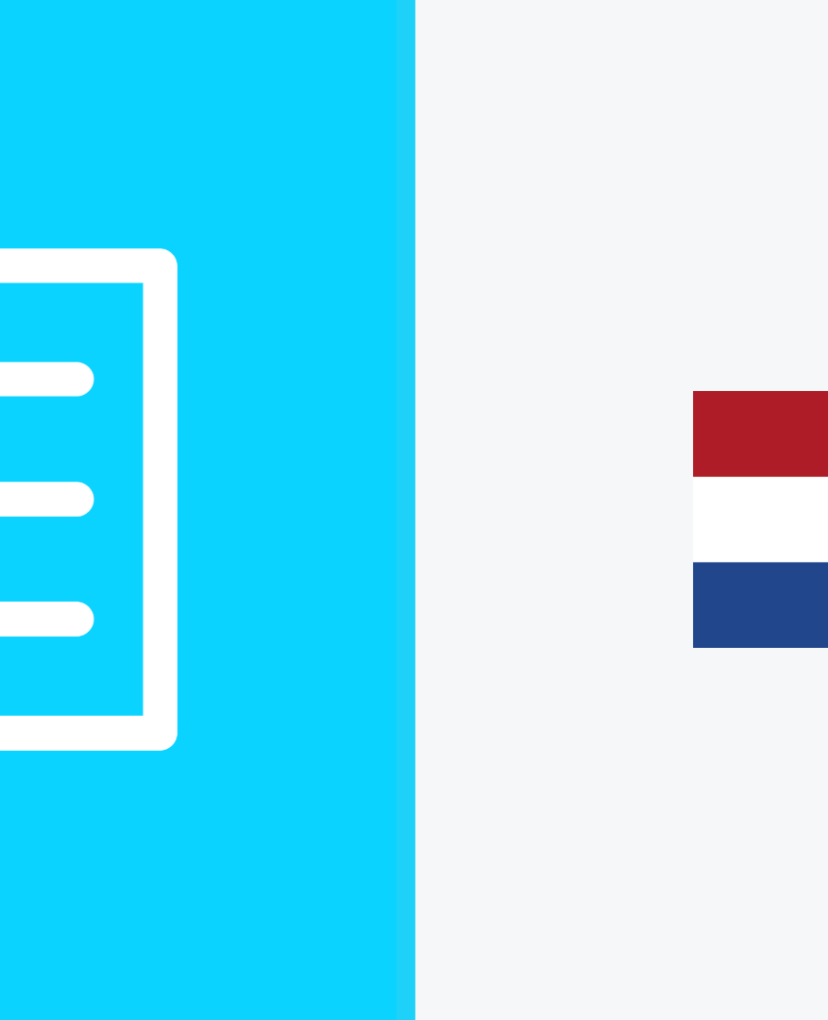The European Commission adopted the final work programme of the current Digital Europe Programme (DIGITAL), which opens a fresh € 1.3 billion envelope for 2025-2027. The decision is meant to translate Europe’s long-term quest for technological sovereignty into very concrete deployment projects that can reach citizens, researchers and businesses within the next two years.
At the heart of the package lies a carefully balanced mix of investments. Roughly a third of the money—about € 390 million—is reserved for cybersecurity. That stream is steered by the European Cybersecurity Competence Centre and covers post-quantum research, actions required by the new Cyber-Solidarity Act and, most visibly, the creation of an EU Cybersecurity Reserve. The Reserve, backed by € 45.6 million, will stand ready to shore up hospitals, energy grids and even the submarine cables that carry Europe’s internet traffic whenever a large-scale cyber incident occurs.
Another major slice of the budget is directed towards the deployment of generative-AI solutions. The Commission will fund “AI Factories”, essentially shared compute environments and toolchains that give start-ups, SMEs and public administrations affordable access to cutting-edge models without locking them into non-European cloud providers. These factories are complemented by immersive “virtual-world” testbeds and a set of common, energy-efficient data spaces that allow AI developers to train on European-sourced datasets while respecting forthcoming AI-Act obligations.
DIGITAL additionally underwrites new funding for European Digital Innovation Hubs (EDIHs) and "deep-tech academies” that will focus on quantum computing, advanced semiconductors, generative AI, and industrial virtual-world technologies. By 2027 the Commission expects those initiatives to have helped around a quarter of a million Europeans acquire specialised digital skills and — just as crucially — to have guided thousands of SMEs through their first AI or high-performance computing deployments.
Beyond AI and cybersecurity, the programme expands Destination Earth, Europe’s digital twin of the planet. The 2025-2027 tranche will finance higher-resolution modelling, additional compute capacity and broader open-science access, enabling climate-adaptation researchers and disaster-risk managers to run more precise simulations. Finally, a dedicated work strand completes the reference architecture for the EU Digital Identity Wallet and kick-starts cross-border pilots so that citizens can use a single, trusted digital credential throughout the Union.
The first calls for proposals have opened on the EU Funding & Tenders Portal and will cover AI pilot deployments, EDIH continuation grants and the launch phase of the Cybersecurity Reserve. A procurement round for the upgraded Destination Earth platform is scheduled for the third quarter of 2025. Progress will be reviewed annually; should absorption rates falter, the Commission has left room to fine-tune allocations during the 2026 mid-term budget review.
In practical terms, the work programme aims to reduce Europe’s dependence on non-EU technology vendors, cut the cost of high-end compute for smaller firms, halve emergency response times during continent-wide cyber incidents and feed a steady pipeline of deep-tech talent into the labour market. By fitting these objectives together under a single € 1.3 billion umbrella, the Commission hopes to ensure that the benefits of advanced digital technologies—AI, secure connectivity, trusted identities and state-of-the-art skills—are deployed quickly, at scale and in line with Europe’s own strategic interests.



